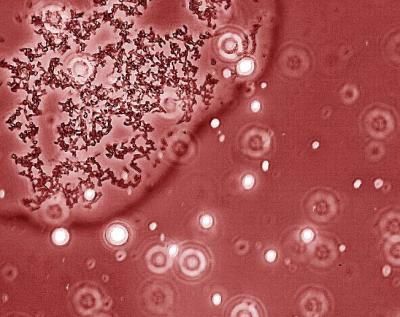Cognis Innovation Award for improved "green" solvent production processes
Advertisement
solvents derived from renewable vegetable sources are a sustainable alternative to aromatic and other solvents of ecotoxicological concern. But to be viable, these "green" solvents must meet both the requirements of consumers and regulators in terms of technical performance and absence of adverse effects on health and environment, and those of producers and users in terms of cost. A wide variety of solvents are used to solubilize the active ingredients in insecticide or pesticide as emulsifiable concentrates (ECs). The choice of solvent directly influences the surface properties, and thus the efficacy of the agrochemical products. With this in mind, Cognis' AgroSolutions business unit has made a series of improvements to its manufacturing processes, ensuring production of its Agnique® KE 3308 and Agnique® KE 3658 solvents is both more sustainable and more efficient. The company has recognized the achievement of the employees responsible for this project by giving them its Innovation Award 2005.
Solvents are essential to a vast number of chemical formulations and processes. Conventional solvents such as NMP (n-Methylpyrollidone) and DMF (Dimethylformamide), are, or soon will be, banned by EU regulations because of their toxicity and adverse environmental effects. Fatty acid dimethylamides such as Agnique KE 3308 and Agnique KE 3658 are a real alternative to traditional petrochemical solvents. They offer superior performance in terms of biodegradability, toxicology, flammability and wastage, while still delivering excellent solvency power at a competitive price. Cognis' new production process is both safer and more efficient, increasing productivity at its manufacturing sites without any loss of product quality.
Other news from the department research and development

Get the chemical industry in your inbox
By submitting this form you agree that LUMITOS AG will send you the newsletter(s) selected above by email. Your data will not be passed on to third parties. Your data will be stored and processed in accordance with our data protection regulations. LUMITOS may contact you by email for the purpose of advertising or market and opinion surveys. You can revoke your consent at any time without giving reasons to LUMITOS AG, Ernst-Augustin-Str. 2, 12489 Berlin, Germany or by e-mail at revoke@lumitos.com with effect for the future. In addition, each email contains a link to unsubscribe from the corresponding newsletter.























































